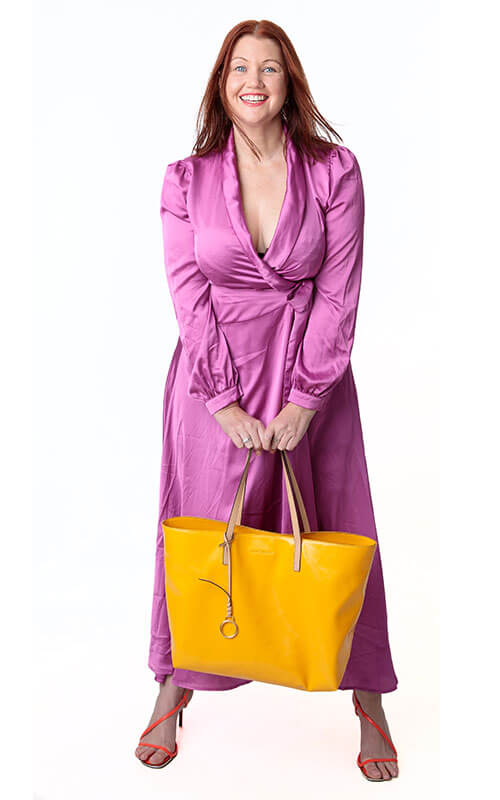
Your Social Media Is Relevant to Your Professional Reputation
Here are 4 ways your personal social media can affect your professional reputation
1. Digital Impression
Your personal social media profiles often serve as the first impression you make on potential employers, colleagues, or business associates. It’s essential to recognize that, in many cases, your online presence is your introduction. Here’s why:
- Employers often check applicants’ social media profiles during the hiring process to get a better sense of their personality and character.
- Colleagues, clients, or business partners may look you up on social media to learn more about your interests and values.
- Public posts, comments, and photos can be easily accessible to anyone online, so be mindful of what you’re sharing.
2. Oversharing
While it’s important to be authentic and share aspects of your life on social media, oversharing personal information or venting about your personal problems can negatively impact your professional reputation.
- Public complaints about your job or colleagues may lead to misunderstandings or conflicts in your workplace.
- Oversharing may hinder your chances of career advancement as employers may be reluctant to promote individuals who display unprofessional behaviour online.
3. Social Media Behaviour
The content you share, and your online behaviour reflect on your personal behaviour and beliefs. Consider the following:
- Inappropriate or offensive content, such as discriminatory comments, explicit images, or hate speech, can severely damage your professional reputation.
- Engaging in online arguments, bullying, or trolling can make you appear confrontational and influence how people perceive you.
- A lack of discretion about personal habits like excessive partying, substance use, or controversial political views may cause concern among colleagues, clients, or employers.
4. Privacy Settings and Managing Online Presence
Take control of your personal social media presence, balancing authenticity with professionalism:
- Adjust privacy settings to control who can see your posts and personal information. This allows you to maintain a public professional image while sharing personal content with a select audience.
- Consider creating separate personal and professional profiles, especially on platforms like LinkedIn, to ensure that your professional contacts primarily see relevant content.
- Regularly review your posts, comments, and photos to remove or adjust content that could potentially harm your professional image.
Would you like to implement an end-of-year ritual to process the year that was and focus your team to the future?
We can help.
Contact me to discuss ideas that will be suitable for your business.
Kearin Lowry
Meliorist & Director
